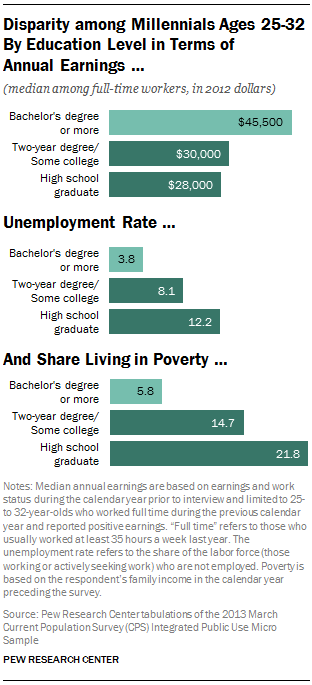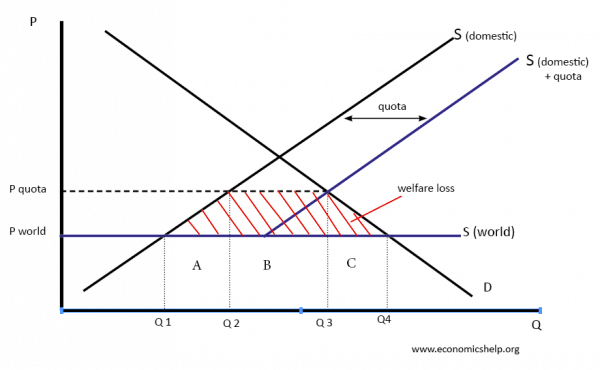- Joined
- Mar 14, 2012
- Messages
- 29,135
- Reaction score
- 1,520
- Location
- US, California - federalist
- Gender
- Male
- Political Leaning
- Liberal
I am always surprised by fellow Yanks who think time is linear. That what was in the past is a reflection of what must be in the future.
Neither time nor the way the world evolves is linear. In fact, the world can easily regress - which is a lesson we should have learned from WW1 where its aftermath actually created the seeds of WW2.
Manufacturing has evolved and, indeed, a lot of base manufacturing has left the US for good. Some will come back as soon as engineers learn how apply robotic manufacturing to produce any given product.
But the lesson we Yanks have to learn, and it seems we are having great difficulty in assimilating, is that Manufacturing is NOT the key economic factor anymore. Not in the US, and not in Europe either.
That which is key in any advancing economy is the Services Industries. And services require both intuition and intelligence in order to be sold to customers who understand their inherent added-value. Which means that we have a great challenge ahead of us.
What kind of challenge? We are a country where only tertiary-level education will allow one to obtain a decent living. What do the numbers say?
Here they are from the NCES (National Center for Education Statistics), and I quote:
Whilst the above is highly promising in terms of eventual outcomes, what is not obvious is the fact that the higher numbers of those graduating with a post-secondary degree are only about 46% of the total number of students graduating from High School. That is, less than half.
Which means that less than half of our young adults graduating from high-school today do not attain the level where job-opportunities are most lucrative.
The statistics show that nearly-half who go on to a postsecondary degree do in fact become members of a select group who earn most in the country. A national objective thus becomes easily apparent.
Conclusion
We must have a post-secondary state-schooling that is free or nearly free to assure that the highest number possible of our youth continue their cycle of education as far as they can get in the post-secondary ladder of degrees.
From Pew Research: The difference in annual earnings between those who obtain a Bachelor’s degree and those only a High School degree is 1.6 to 1 - that is, almost double - as seen here:

A fifteen dollar an hour minimum wage!


